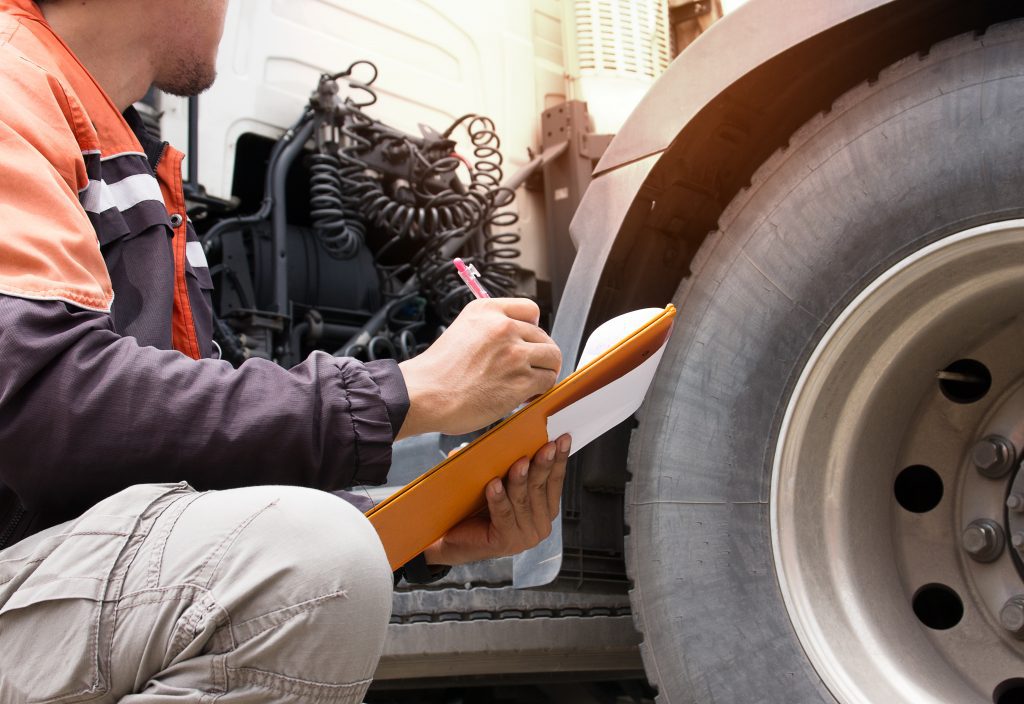May 28, 2018
Truck Insurance Exchange – What Is The Definition?

Truck Insurance Exchange (TIE) is among the several insurers that make up Farmers Insurance Group (FIG). In tandem with Fire Insurance Exchange and Farmers Insurance Exchange (FIE), and the several affiliates and subsidiaries, TIE offers homeowners, automobile, business owners and personal umbrella insurance. The Exchange is owned by its active members or subscribers. The subscribers choose a governing board that supervises the Exchange’s financial affairs and AIF’s (attorney-in-fact) performance, which must be in adherence to the terms of the subscription agreement.
What is “Exchange”?
An Exchange is essentially an insurance firm that functions quite similar to any other insurance firm. However, it differs in a few key ways. Organized under the California Insurance Code, TIE lets insured parties to exchange their insurance covers with other insured parties. Since the insured parties can’t be practically involved in issuing policies, paying commission amounts to agents, collecting premium, etc., they appoint AIF, a third party that executes those tasks on their behalf in exchange of a fee.
What is TUA and Why is AIF Paid to TUA?
TUA or Truck Underwriters Association is Farmers Group, Inc.’s (FGI) wholly owned subsidiary. FGI is Zurich Insurance Group’s (ZIG) part, which is a Swiss-based firm. TUA, ZIG or FGI do not claim ownership interest in TIE.
As per the aforementioned subscription agreement, subscribers choose TUA to carry out specific tasks, such as collection of premium and policy issuance, which help run the insurance operation. The agreement specifies 20 percent of the insurance premium as AIF fee, though TUA has quite often sought a percentage sum lesser than what’s prescribed.
The premium money remitted to TIE is used to cover costs such as acquisition costs, losses incurred, license fees, AIF fee, taxes, and contributions made to the surplus (if any). The 2017 AIF fee, for instance, was 14.9 percentage of the premium money, which comprised the 6.85 AIF profit of the premium money for the particular year.
TIE’s results were hurt by the fairly high instances of catastrophic losses. However, the company was still able to maintain a fairly robust capital based with a $641 million surplus.
Does the Exchange Suffer Losses?
Yes, the Exchange would stand to lose money if the premiums collected are not sufficient enough to cover expenses and claims. The ideal scenario is the premiums exceeding expenses such as claims payments, which includes the AIF fee. This is why it makes total organizational sense to have a cushion or buffer in place to tackle inevitable future loss scenarios. The AIF isn’t part of claims losses. Also, it doesn’t benefit from net premium earnings. As far as subscribers are concerned, they are not expected to bear any possible losses incurred by the Exchange.
HONK
Recently, Farmers Insurance came up with a roadside assistance initiative called HONK, which supposedly offers to make claiming roadside or tow assistance easier. The customers in need of help could use their mobile devices to transmit vital information such as real-time location details to the concerned roadside service providers. Also, HONK helps users learn estimated arrival time and get updates through text message until the service provider shows up.
Community Involvement
In 2018, Farmer made public its plans to send several hundred employees to Houston to help the people there with rebuilding homes post the Hurricane Harvey catastrophe. As part of its long-term commitment toward supporting communities affected by natural and man-inflicted disasters, the agents and employees of the organization would continue offering assistance to the hurricane-struck city.
Member Voting Rights
TIE members can vote to constitute the board. The members are expected to be present physically to cast their votes. More information relating to TIE, FIE and FIG can be found on the official website.